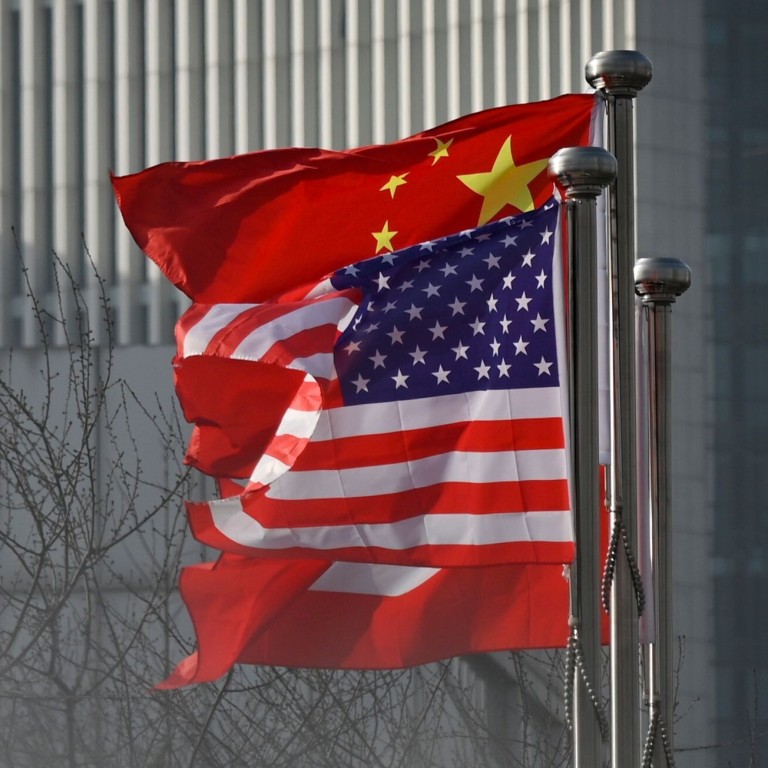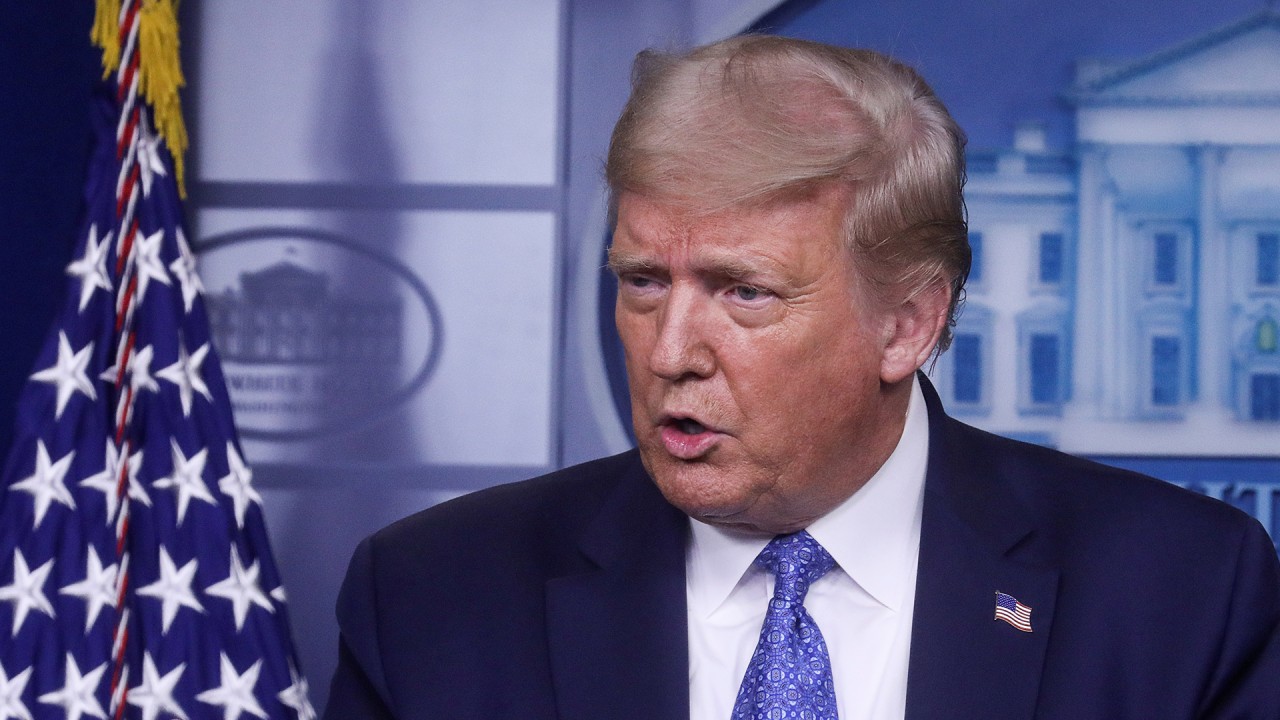
Chinese researcher Wang Xin pleads not guilty to visa fraud charge in the US
- Federal prosecutors portray Wang as a ‘severe’ flight risk
- Wang is ‘a Chinese spy who can go to the consulate and be issued a new passport or a fake document,’ says US Attorney Benjamin Kingsley
A Chinese researcher arrested in June while trying to leave the US has pleaded not guilty to a visa fraud charge during his initial court appearance, as federal prosecutors portrayed him as a “severe” flight risk.
Magistrate Judge Thomas Hixson for the Northern District of California adjourned case proceedings until August 25 so that his appointed public defender David Bigeleisen will have time to meet Wang Xin, 37, who has been in US custody since he was detained before his flight from Los Angeles International Airport to Tianjin on June 7.
Bigeleisen argued that the Justice Department’s case “sets forth all the bad things that the government believes that Mr Wang has done, but it doesn't really address the question of the flight” and suggested that an ankle monitor for regular contact with pretrial services would be adequate.
US Attorney Benjamin Kingsley countered that Wang is “a Chinese spy who can go to the consulate and be issued a new passport or a fake document”.
“My understanding from this case and from others that are pending around the country, including another one in this district, is that it is possible for somebody – particularly a Chinese military officer, who has the rank [of] essentially a major in the People’s Liberation Army – to get back on a flight back to China even without a passport because his country’s going to let him in,” Kingsley said.

00:31
Trump says ‘it’s always possible’ the US would order more Chinese diplomatic missions to close
Wang is charged with attempting to hide his status as an active member of China’s People’s Liberation Army (PLA), and faces 10 years in prison if convicted. His case is one among several high-profile criminal cases against Chinese nationals in the US or individuals accused of having ties to the Chinese government.
Prosecutors said Tang lied about her military ties in a visa application completed in October and again during an FBI interview in June.
As Wang prepared to leave the US, he told CBP agents that he “had been instructed by his supervisor, the director of his military university lab in [China], to observe the layout of the [University of California, San Francisco lab, where Wang was conducting research] and bring back information on how to replicate it in China”, according to an earlier US Justice Department announcement.
France opens privacy probe into TikTok, as app eyes European data centre
US customs officials “received information that Wang had studies from UCSF with him which he was taking to share with his PLA colleagues, and he had sent research to his lab in China via email”, it said.
At least six Chinese nationals, including Wang, are in US custody on indictments involving proprietary data found in their possession or information that has been transferred to China. Another half-dozen are wanted by the US Federal Bureau of Investigation (FBI).
China’s foreign ministry said following the arrest that Wang had been conducting cardiovascular research in the US and had not caused any harm to America’s national interests.
“Some of them had their electronic devices confiscated without proper grounds,” she said, adding that these cases were “all blatant infringement of the rights of Chinese nationals in the US and the purpose is to demonise China”.

